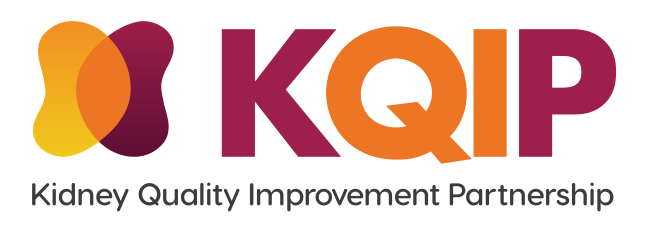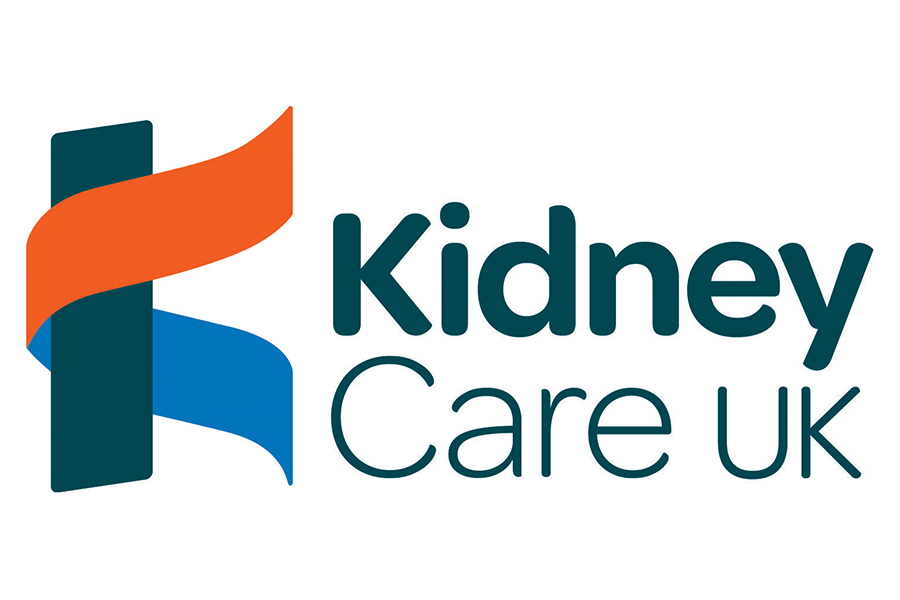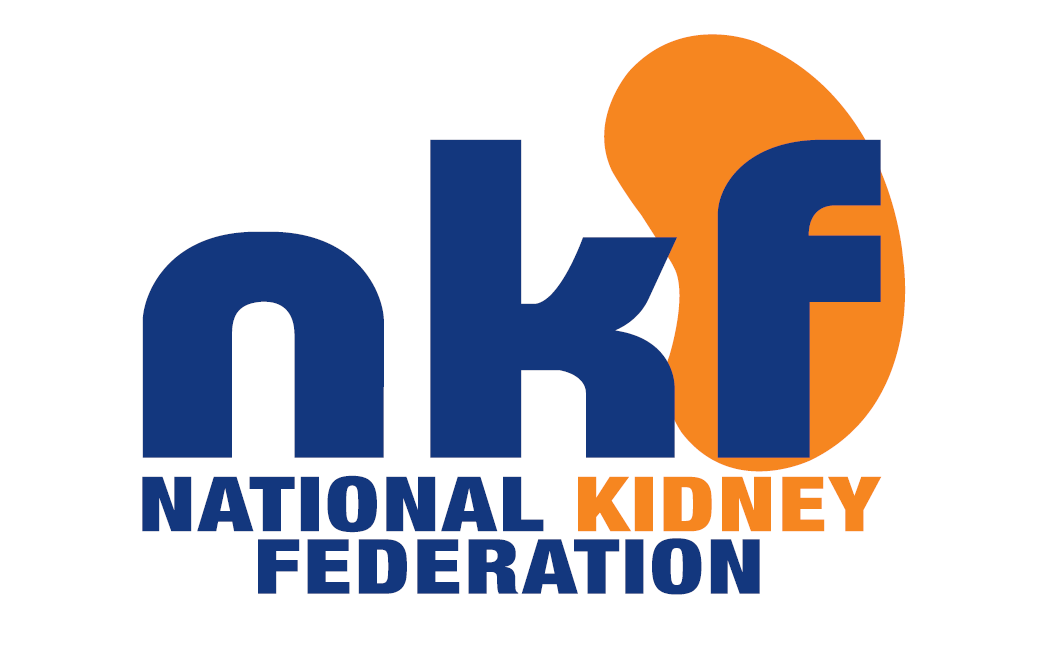Transforming our home dialysis training capacity
Royal Derby Hospital
Quality Improvement Leads: Carol Rhodes, Senior Sister and Home Therapies Lead
Background
In 2008 we had four patients on Home Haemodialysis. Patients where trained on complex in-centre dialysis machines which took anywhere between 6-9 months. Home installations were also complicated and expensive, with rooms often made to look like hospitals.
In 2011 we changed the machines we used for home dialysis. This adaption meant training was reduced from 18 weeks down to two weeks. This transformed our capacity to support many more people to start dialysing at home.
Our current training model
A band 4 support worker has been utilised to develop our training package and undertake training in the first two weeks.
On week three, patients begin dialysing at home, with nurse support for the first three to four dialysis sessions, then routine monthly visits thereafter.
This timing is taking into account that patients are already prepared for self-needling (cannulation) by the in-centre haemodialysis shared care team, using Button Hole technique.
Creating a home first for dialysis culture
A key learning point for us was having our home haemodialysis team based within our in-centre haemodialysis unit, and with shared leadership between these teams. This model helps promote home haemodialysis amongst in-centre haemodialysis patients and new starters.
The two-week machine training plan is carried out in our training bay which is sited on the main unit, visible to all patients and adjacent to the in-centre Haemodialysis shared care bay.
This creates a culture of ‘home first for dialysis’ across our service, which now currently treats over 60 patients at home. This equates to 32% of our dialysis population, well over the Renal Getting it Right First Time recommendation of 20% which we are very proud of.
As well as this, home installations are now smaller, quicker, cheaper and less clinical looking in patients home meaning our patient experience has also improved.
Nocturnal [dialysis] has created freedom, independence and flexibility; meaning I can work, socialise and live a near normal healthy life.
I never thought I would be able to dialyse at home, the [company name] machine made me less nervous, now I feel confident and comfortable and better for doing the dialysis at home.



